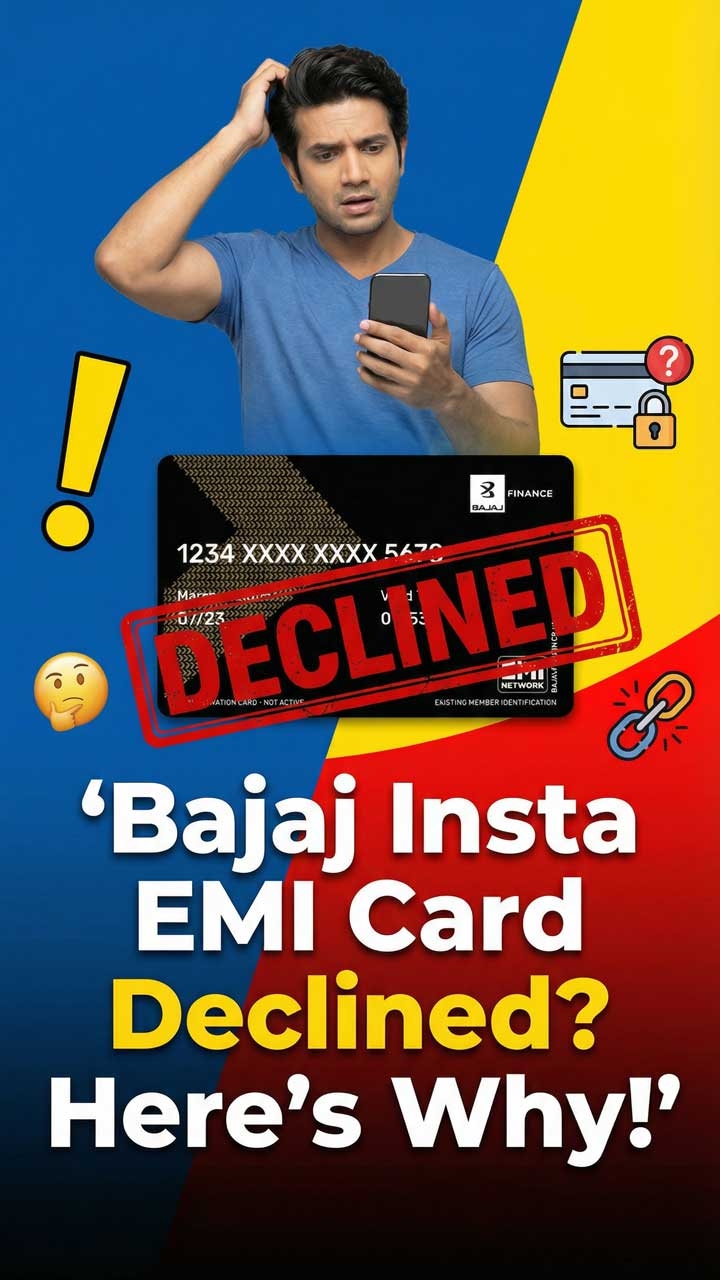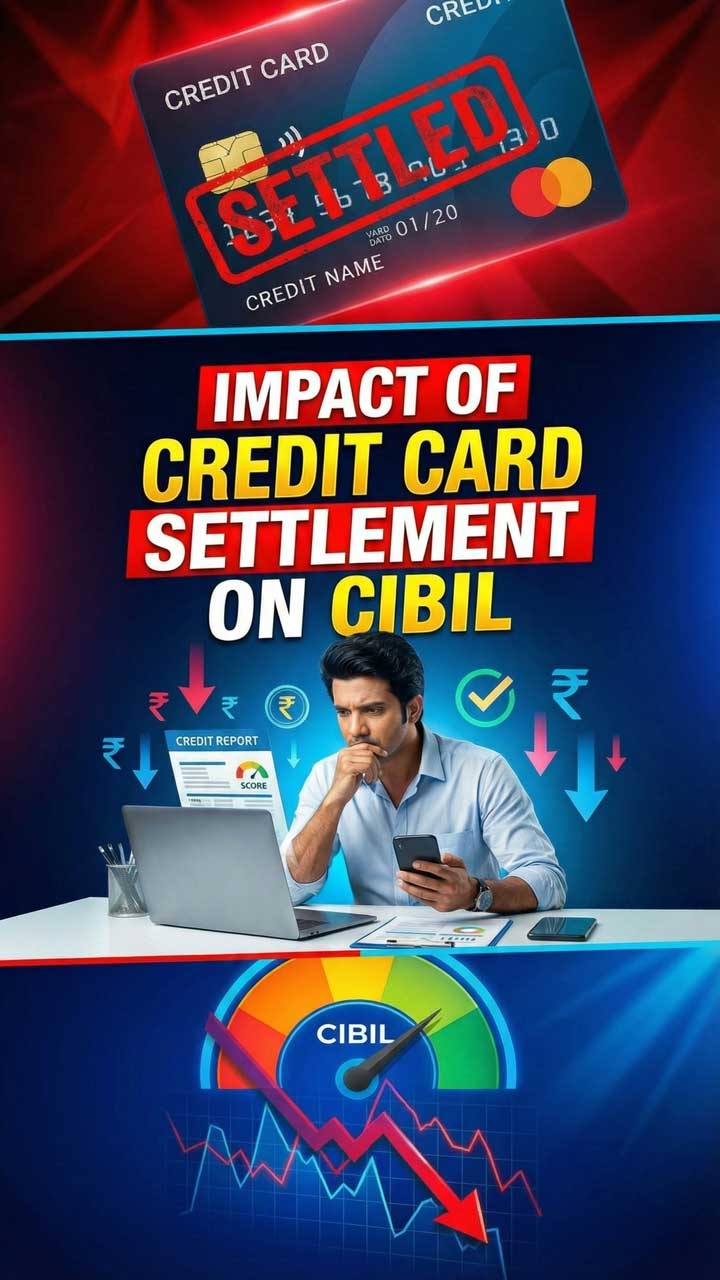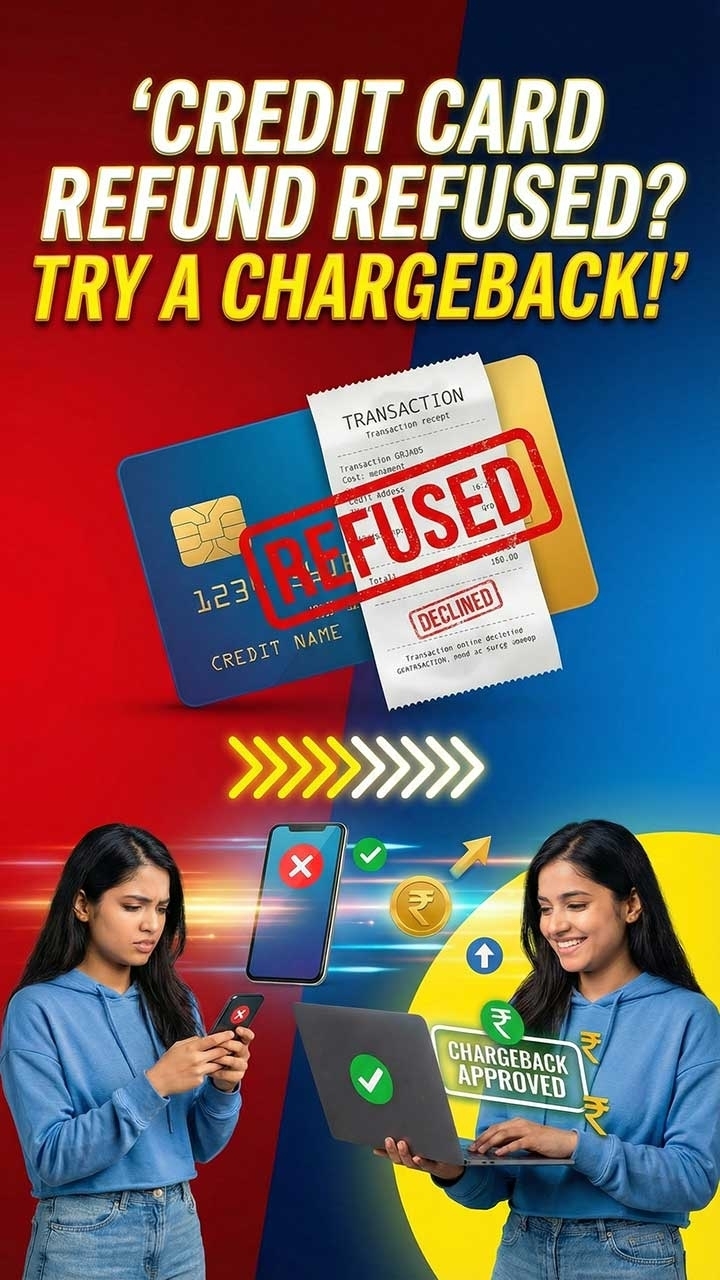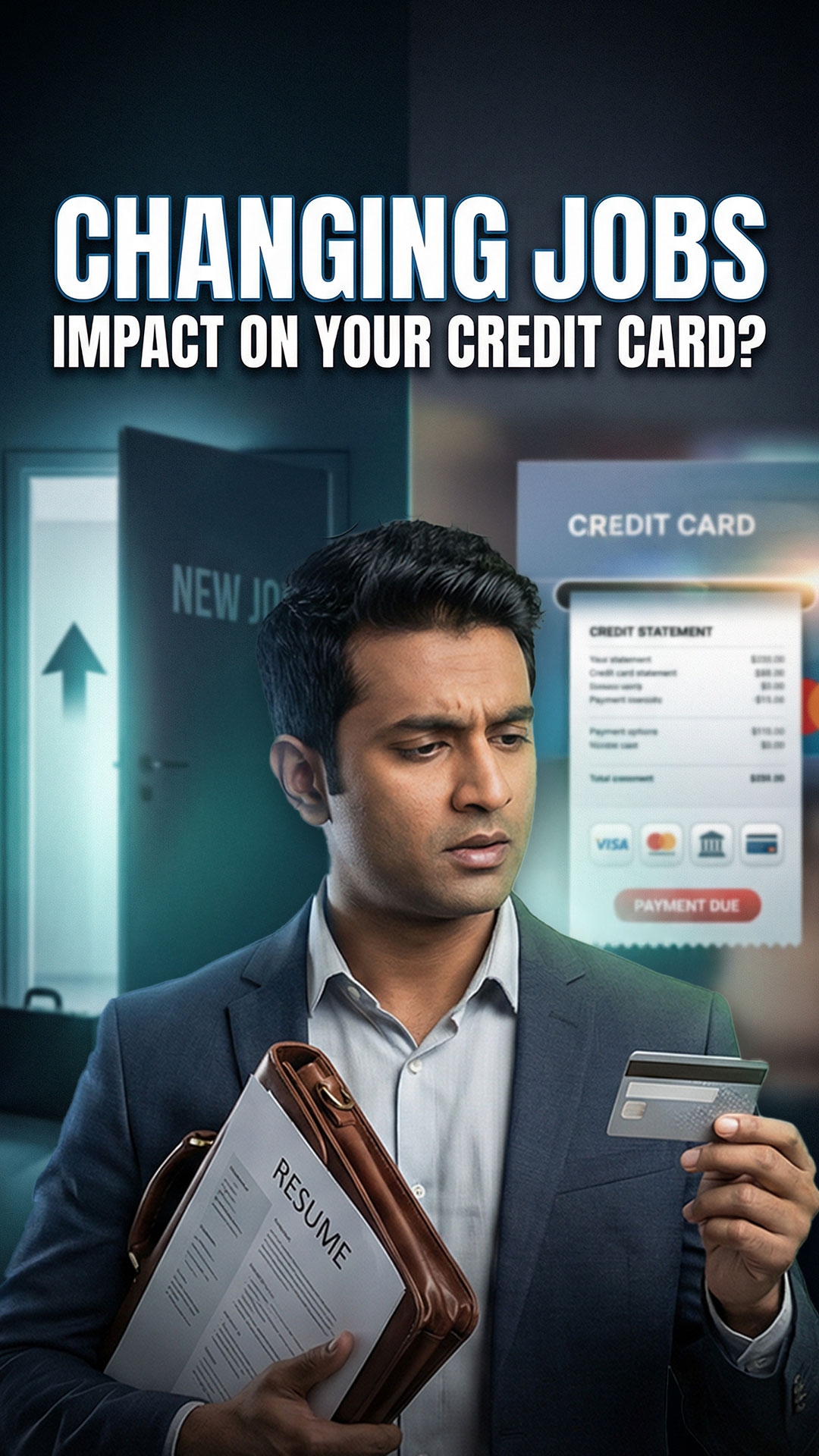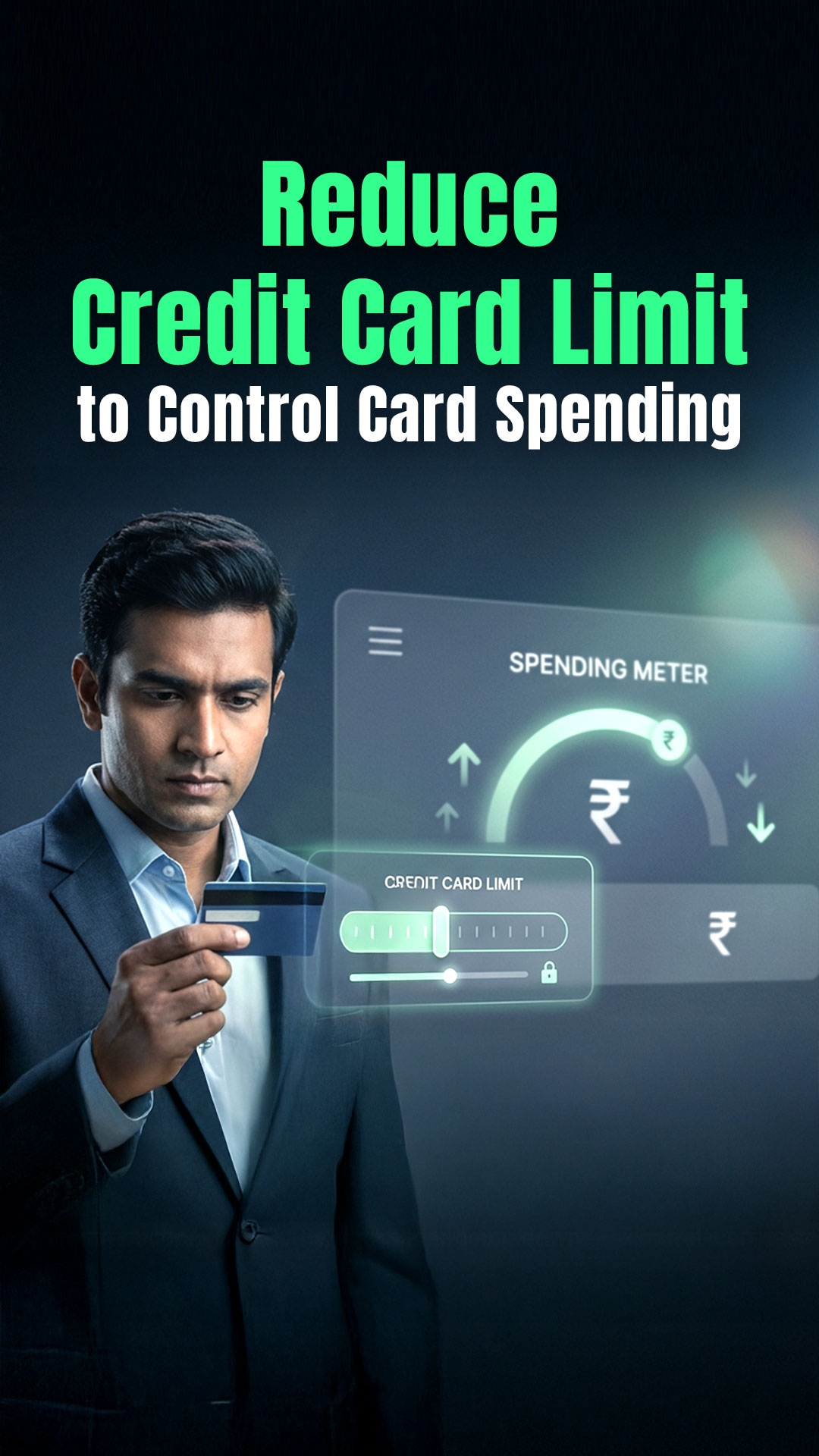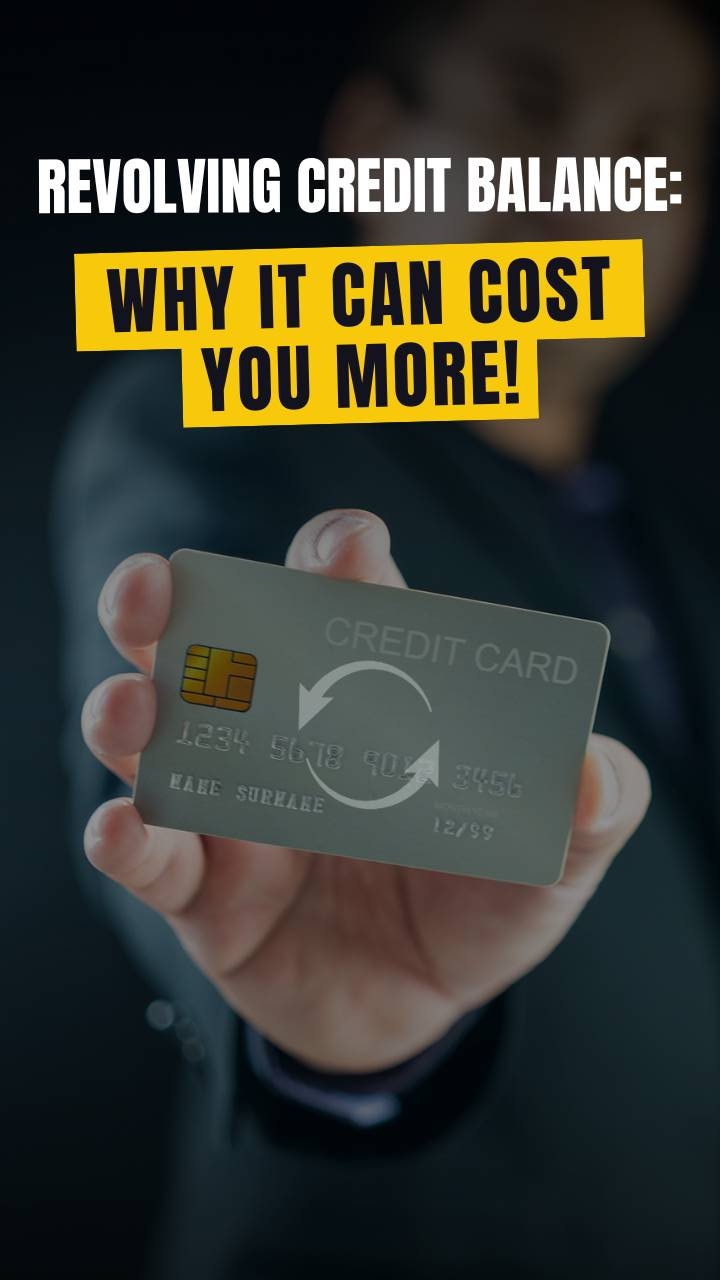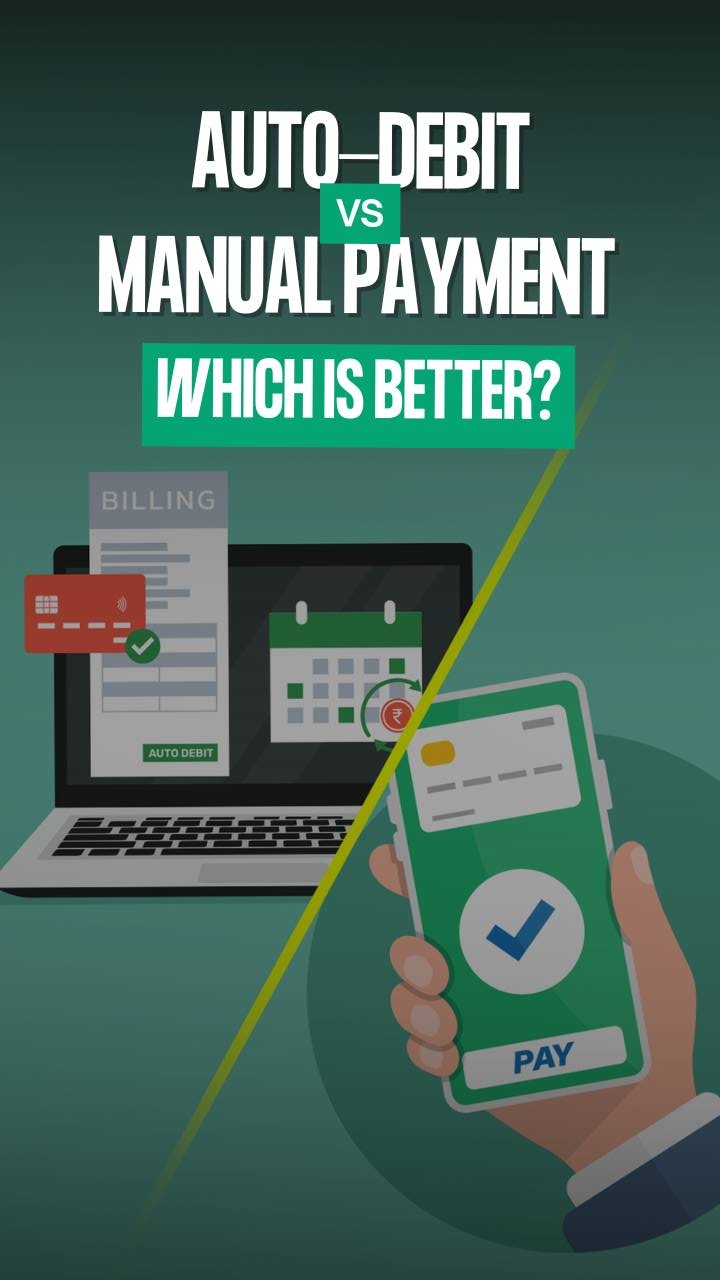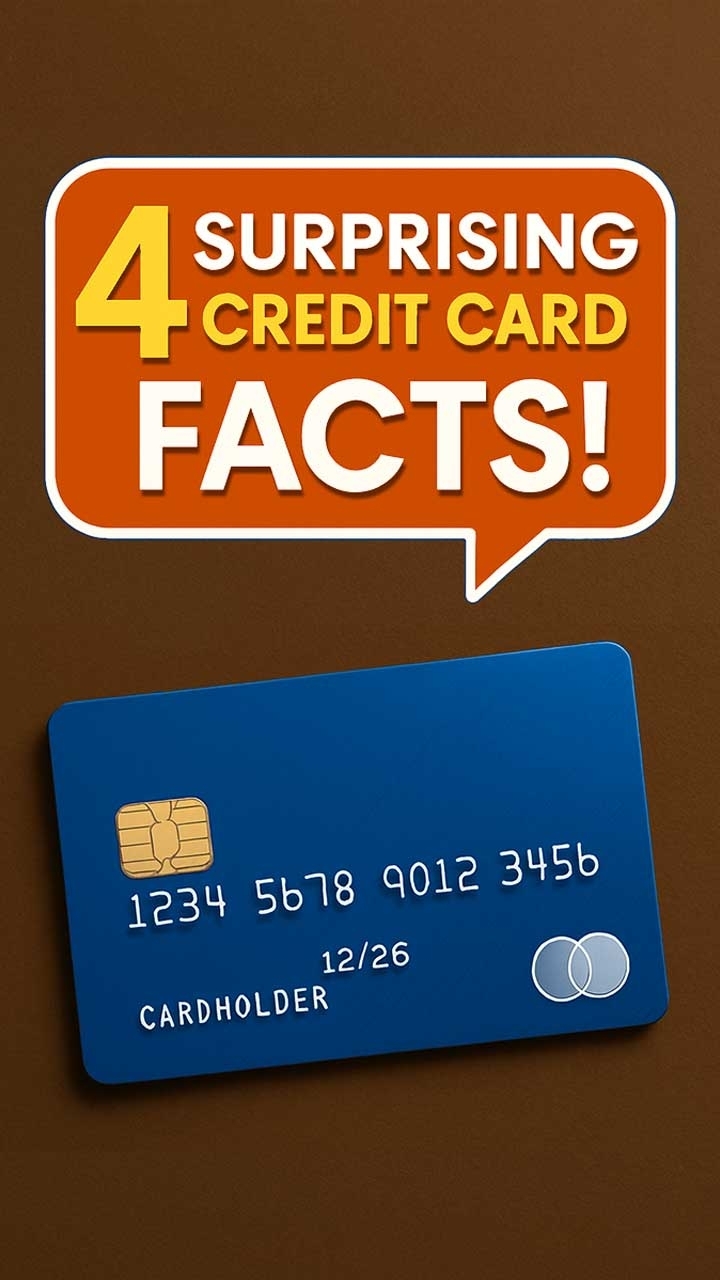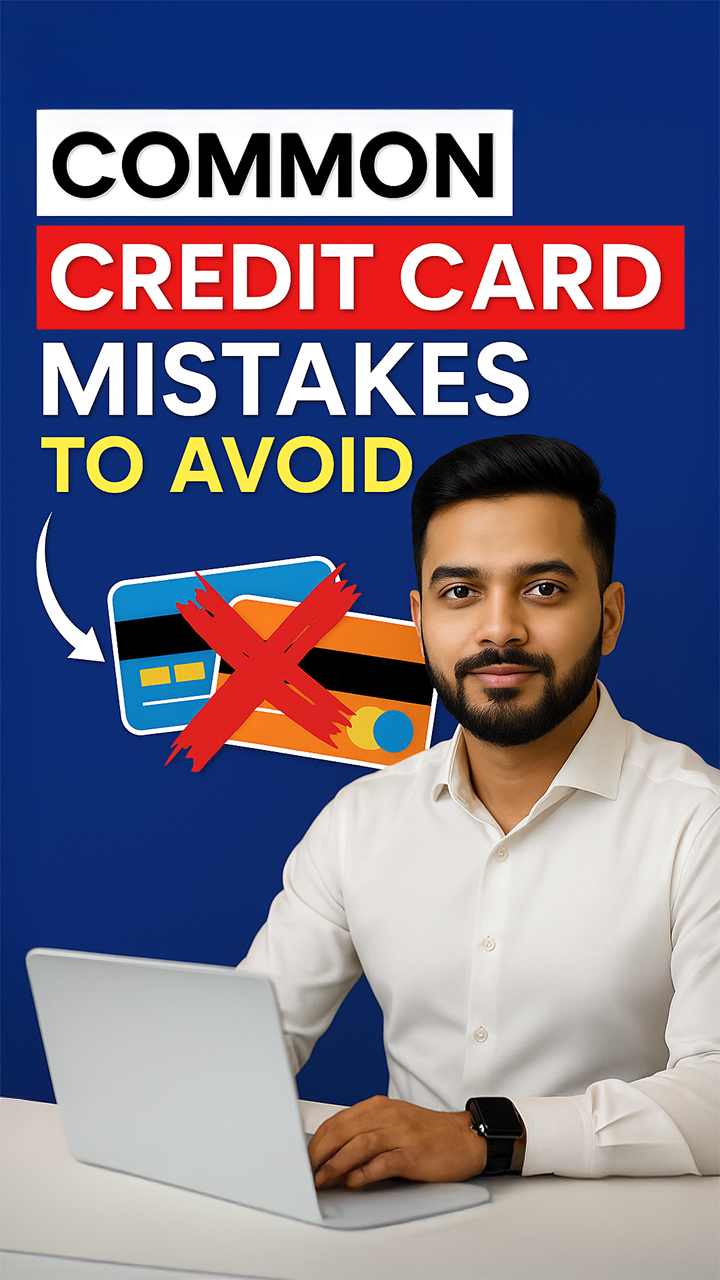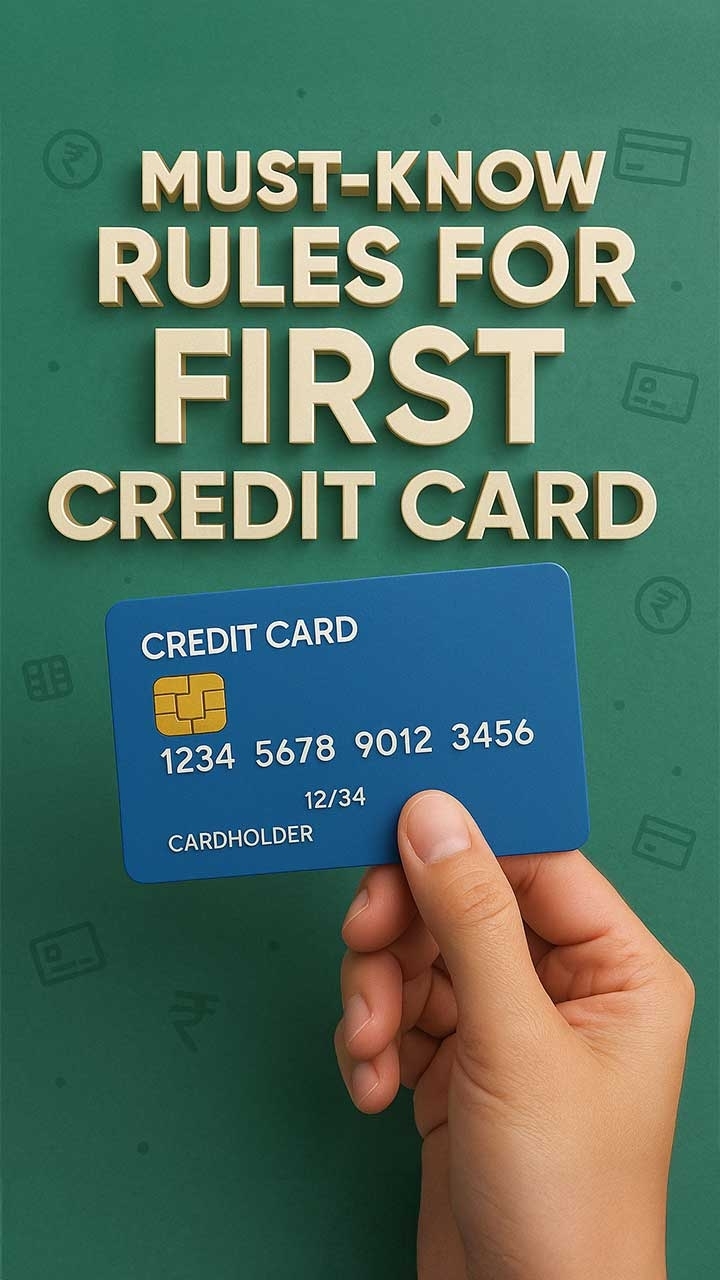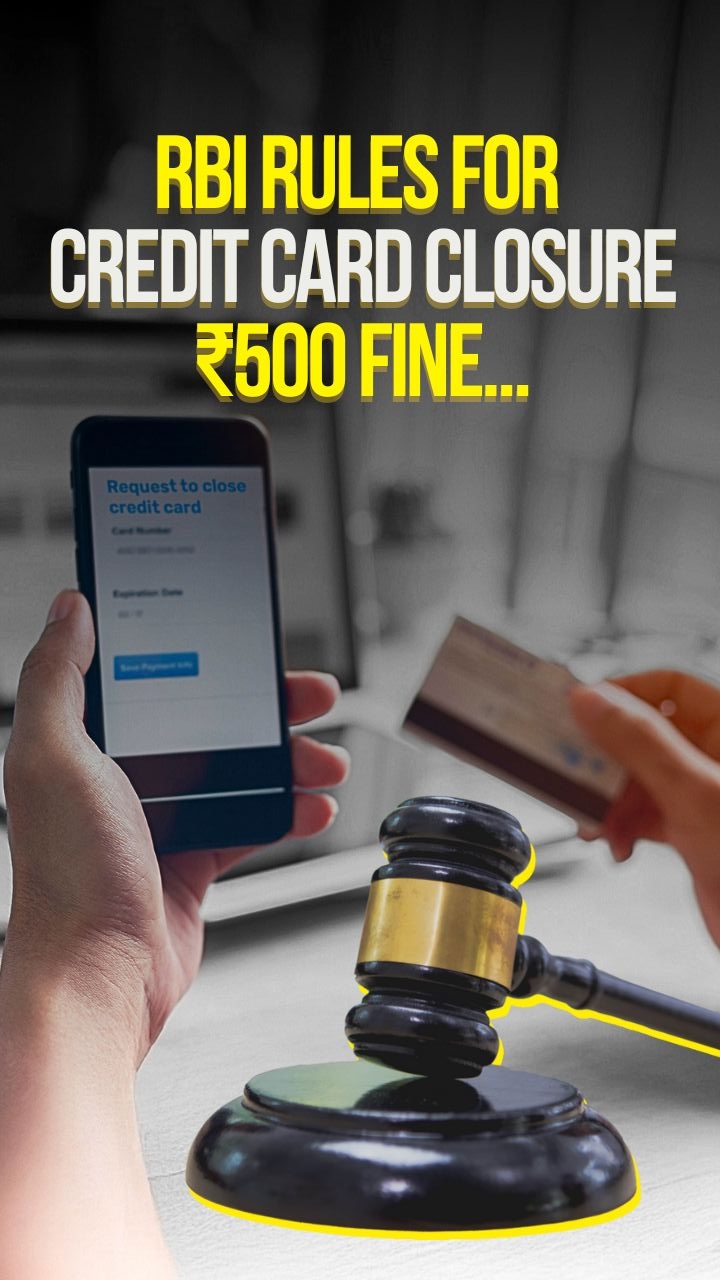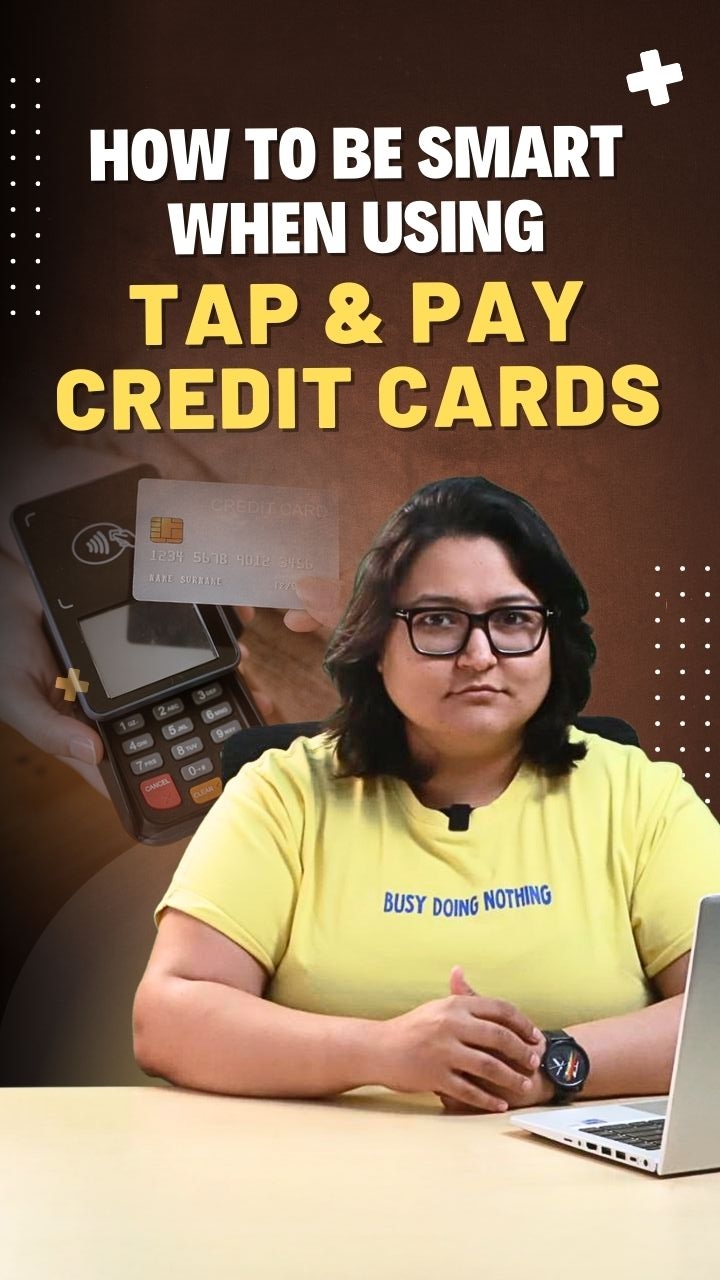Step-by-Step Guide on Getting the Right Credit Card
Applying for a credit card might seem complicated, but it doesn’t have to be. In this video, we’ll go over the essential things you should know before applying.
First, you’ll want to see which card could benefit you the most. It could be worth checking if your bank has already pre-approved a card for you. This might simplify the process with less documentation.
Next, we’ll look at the credit score requirements. You might need a score above 720 to be eligible, depending on the issuer. We’ll also cover the minimum income and age criteria. Additionally, we’ll talk about the documents you might need to submit, like proof of address, identity, and income. If you already have a credit card, you could consider upgrading it rather than cancelling. This is because cancelling might negatively impact your credit score. If you’re thinking of applying for multiple cards, it’s best to space out your applications. This could help prevent a negative impact on your credit history.
By the end of this video, you might get a better understanding of the application process. This could help you apply for a card online by comparing options that suit your lifestyle.

Key Takeaways
Assess available credit card options and consider pre-approved offers that might suit your lifestyle
Ensure your credit score meets the minimum requirement, ideally above 720, to improve eligibility
Check the eligibility criteria and required documents, such as income proof and identity/address verification, from each financial institution
A positive credit history, with timely payments on existing loans or cards, could help improve your chances of approval
Instead of cancelling an unsatisfactory card, upgrading it might help avoid any potential impact on your credit score
Applying for multiple cards at once could trigger multiple credit checks and indicate financial instability
Spacing out credit card applications by at least six months could improve the likelihood of approval, especially after a rejection
What to Watch Next
Bites
















